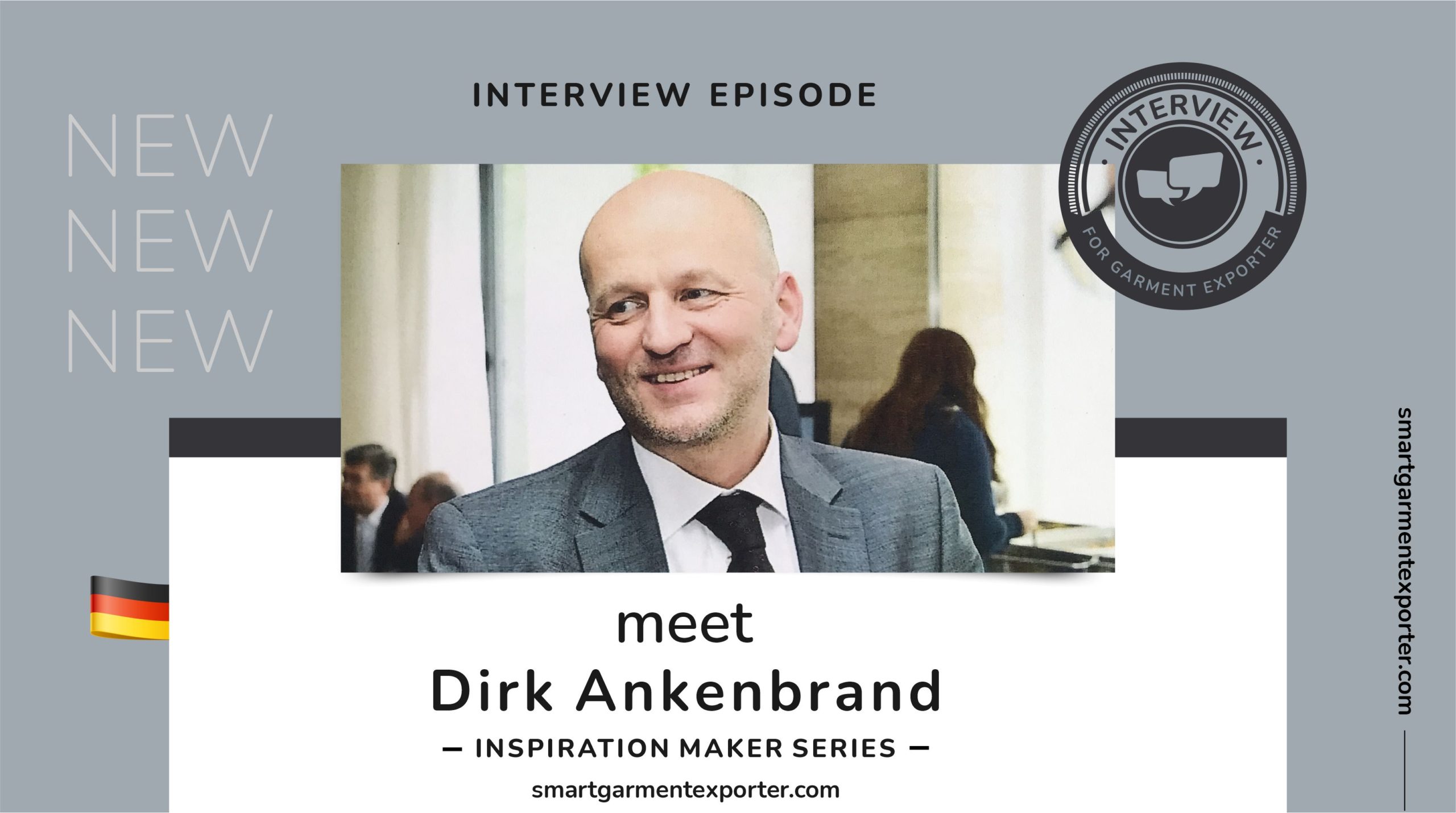
Let’s continue the new series to have a chat with remarkable people in our industry. We are trying to spot patterns of excellence. Join today to discover a bit about their personal story, of the ways they think, their mindset, their routines, that you can test and apply in your own life.
I'm thrilled, Dirk Ankenbrand is a global player in the hypermarket business and the respected Director Non-Food at real, a chain of around 280 hypermarkets in Germany, member of the German retailer Metro AG.
On his LinkedIn profile you can read this quote:
When you talk, you are only repeating what you already know.
But if you listen, you may learn something new.
- DALAI LAMA
I assume this is one of his favorite quotes and maybe even a part of his philosophy - but TODAY we are lucky enough to hear him TALK and not listen. So glad to have him on the show today!
Before we get going let me quickly tell you, Dirk Ankenbrand is completely responsible for non-food for real hypermarkets.
This includes next to garments and home textiles also electronics, toys, DIY and household. So today we're talking ONLY about his departments for textiles and garments.
We cover:
- What's on your agenda for 2020? Dirk reveals why “bread & butter business thinking” can support the daily need of people. Plus, what the clients are expecting from real as a hypermarket to serve. Including insights about his take on online/offline business.
- Dirk’s secret to developing hyper-strong key partnerships with suppliers… even when the business is changing rapidly. (This powerful philosophy you need to adopt BEFORE starting any export business.)
- Why he never planned to become the director of Non-Food at real from the very beginning of his METRO life. “The better way is to focus on the actual position as much as possible and to deliver results”. Each next step in career should be a consequence of performance.
- Discover his simple mindset to staying productive, reducing overwhelm, and actually finding JOY in all phases of work. Even when it feels like everyone needs you somewhere for something.
- When it pays to NOT go with best practice: Dirk reveals why he stubbornly went against other opinions… and still achieved more profit for real. How he pulled off one of the most successful marketing shifts, innovating the traditional printed leaflets method. Earning more money with a bit less turnover which has become the new standard now.
Chat with Dirk Ankenbrand
Let's get to it: We met in Düsseldorf, in “Böser Chinese” for lunch.
Dirk Ankenbrand has cracked the code in many business areas, and he is sharing his best insights today.
Plus, he has generously allowed me to share all his answers with the Smart Garment Exporter Community, and I’m excited to do it. Enjoy!
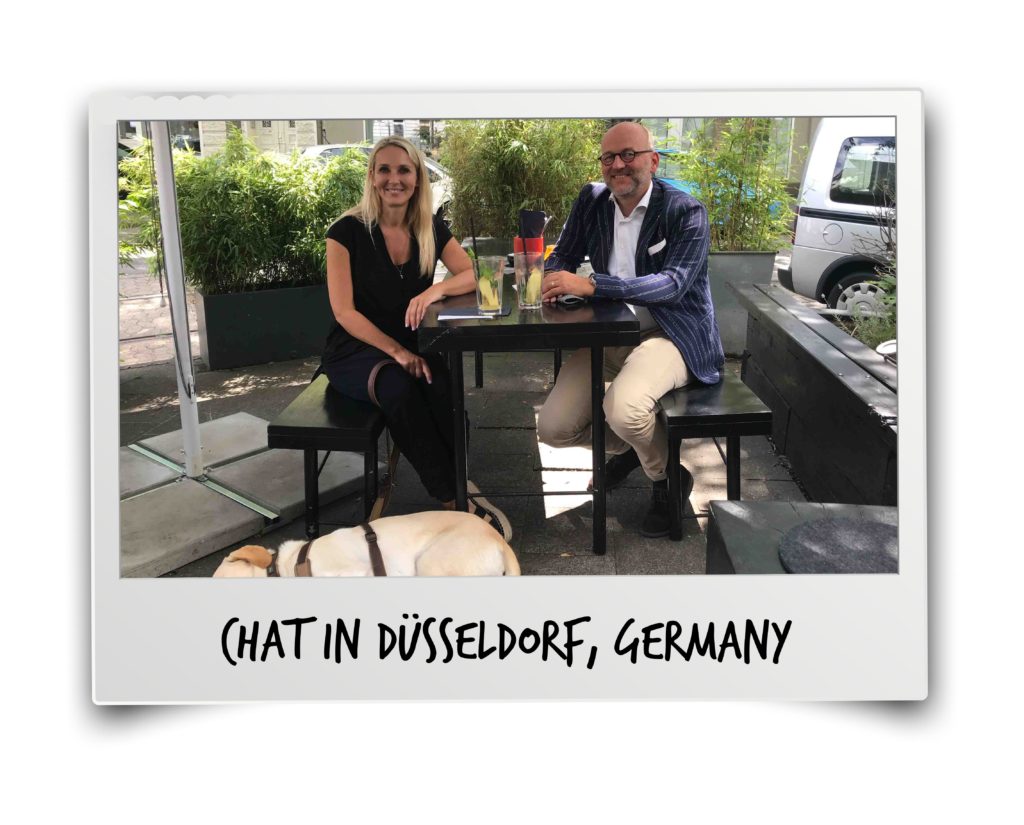
Heike Siegel: What's on your agenda for 2020 for textile/garments business?
Dirk Ankenbrand: First, we are shifting right at the moment more and more from fashion articles to basics.
Across all garment departments. What is the daily need and what is the customer expecting from real as a hypermarket to serve?
Of course, we are driving focus still on socks and underwear - because this is the typical hypermarket business – and we stay a bit away from the fashion articles. While also garments contain lots of potential bread&butter products like white shirts, sweat, denim pants etc.
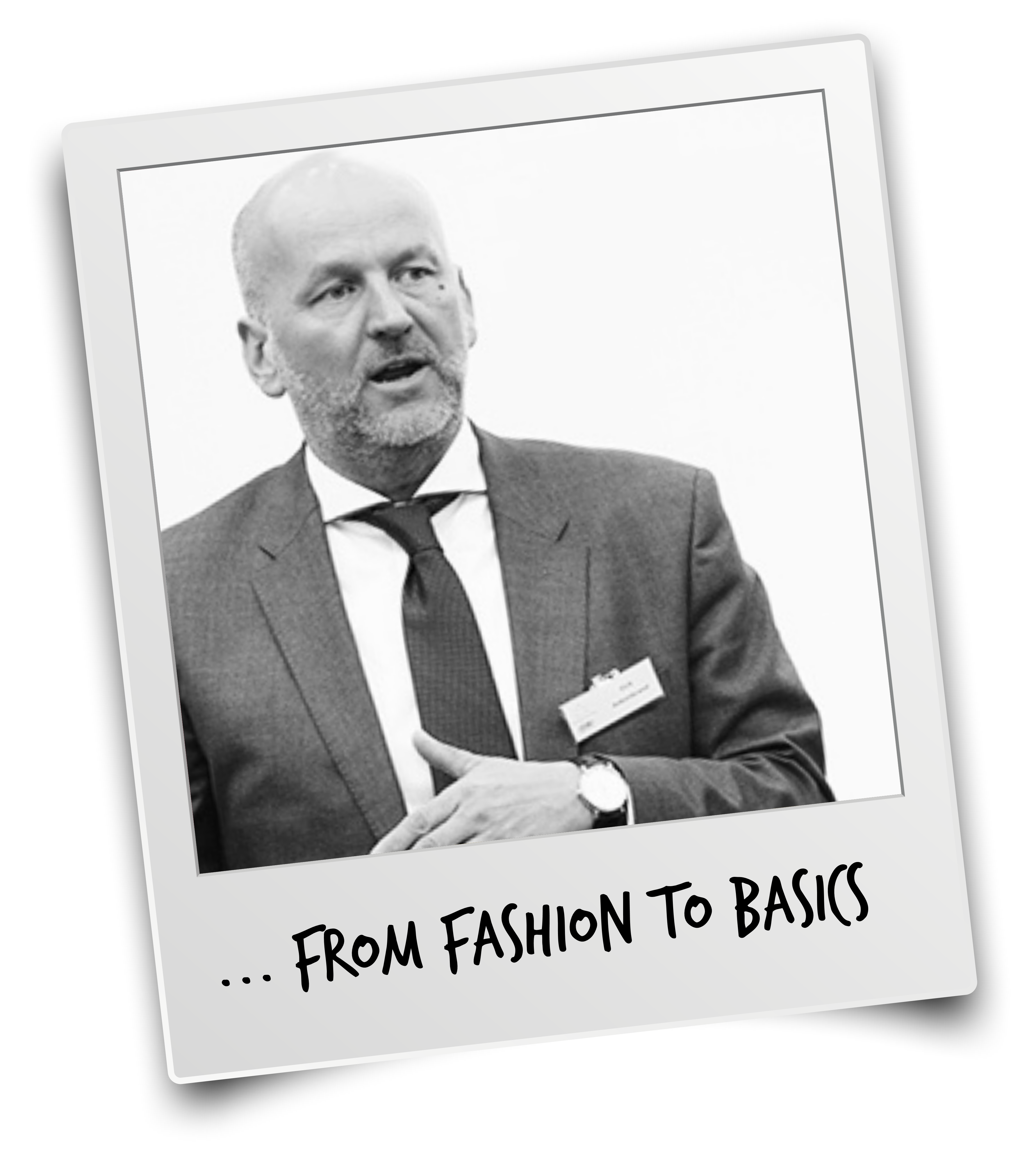
That means a real customer was able to buy flowered full-colored shirts in XXXL but continuously not a white shirt in my size. And of cause, the majority of customers, first of all, is looking for a white shirt.
So, this is on our agenda as No.1
Second is quality trading up.
For many years we started from rock bottom quality. However, in recent years we increased the quality as well as the share of licenses and brands already.
This will definitely be a further focus we have on our radar as in general, the customer frequency in brick-and-mortar business is stable or even decreasing.
If you do not work on the price share, on the average value – you will lose turnover automatically. This is a pure mathematic consequence.
And that’s why we are focusing further also on trading up – means, we do not increase retail prices only, we trade up in the quality and accordingly in the prices. We will deliver our customers more value for a bit higher prices. Mathematics will play its role automatically.
Third, we are focusing on certain categories and divesting less relevant product groups.
Consider which categories are impulse-driven for brick & mortar businesses and which are threatened by online competition.
Forth is the sustainability of course. We are increasing the share of sustainability.
The whole company is putting the focus on sustainability. Like bio, “Demeter” products, and in general healthy nutrition or other food trends.
So accordingly, also noon-food is following the same idea. We work with recycled stuff, organic cotton, and several sustainable labels, such as “Cotton made in Africa”.
BSCI is a binding prerequisite for all factories that are producing our own brands.
So, these are the main focus points for our business 2020.
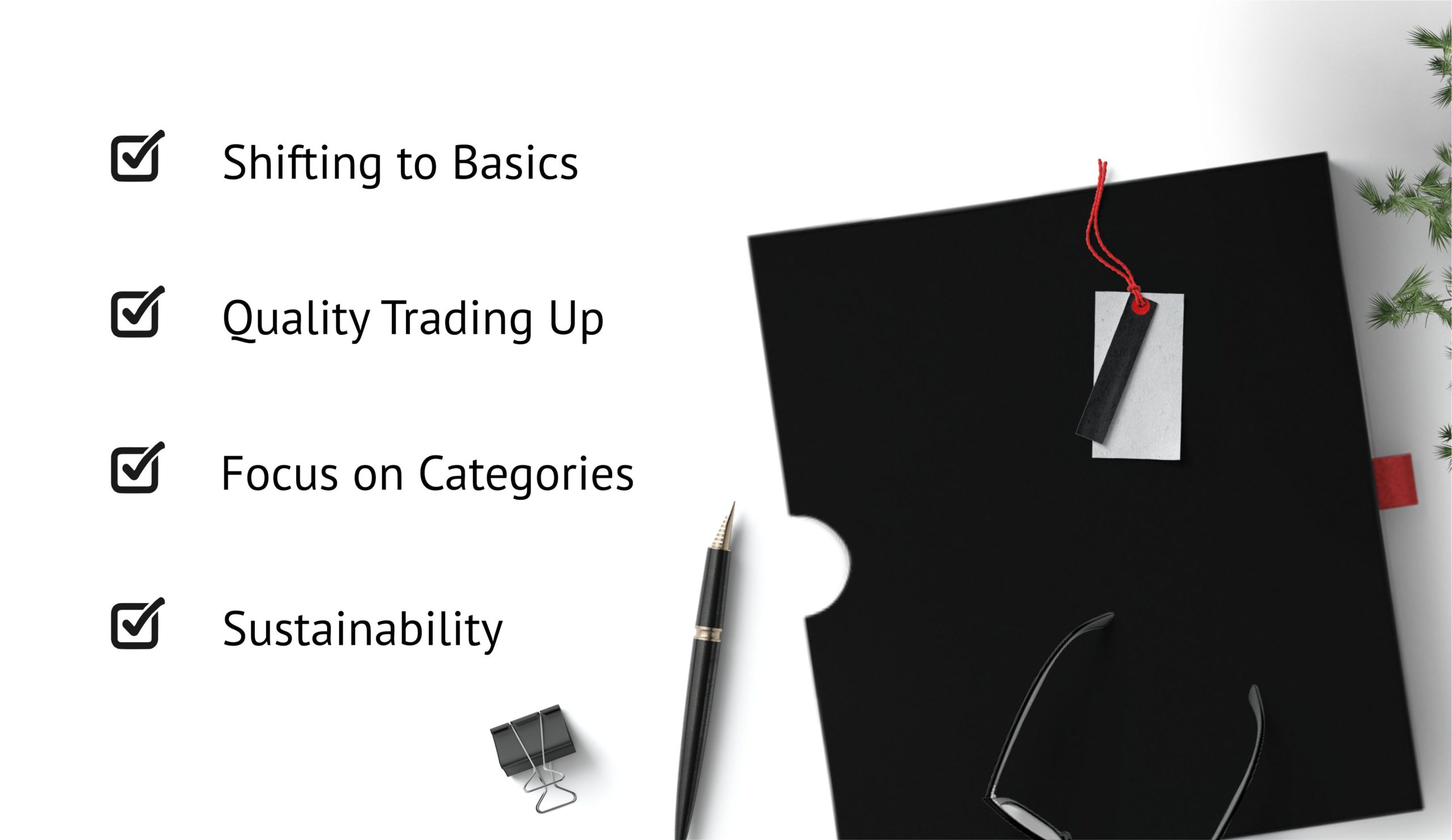
Heike Siegel: Dirk, do your wear right this minute something of your own brands and production? Or brands you sell. If yes: What is it?
Dirk Ankenbrand: I can say: "No, I don’t." But I can also say: "Yes, I do." Because you cannot realize... it’s for example underpants. Could be... (laughing!) Could be. I have some in my rack as well...
Actually, I don’t know. But we delete that later! [No, we didn't 🙂]
Further socks, I think I wear today…
… and white T-shirt from Schiesser, this is a brand we have in our portfolio. This I wear for sure today.
Your question and especially my answer confirm why we are focusing on those kinds of basic products.
I am fully convinced with the white T-shirt you can approach almost everyone.
So, back to your question: “Yes, I do.”
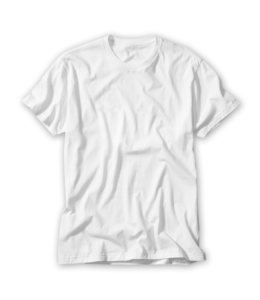
Heike Siegel: What motivates what drives you - why do you do what you do?
Dirk Ankenbrand: My motivation is success.
I want to be successful and the good thing is since years I personally would say, I have success.
If others see it the same way - we have to ask them – but again I am convinced, we had a lot of success in the past.
And I like working with people – working with you, with externals, with suppliers, I want to have a holistic business. To deal with attorneys, insurances, with controlling, finance department, press media, production side, factories, operation with store people, marketing... many, many people.
That complexity doesn't make my life more easy, but much more challenging and interesting. Boredom I do not know.
Heike: Do you have any special recipe for how you develop key partnerships with your suppliers in garments/textiles?
Dirk: I think this is not only in garments - this is a general philosophy.
There should always be a certain understanding of creating win-win situations.
If I only would try to optimize my own profit, or if I would not consider that our business partners also have the same goal to generate profit – I would fail. I am 100% sure that he/she will take better care of my business if he/she is also happy in our collaboration. I believe this is very crucial.
That means creating a mutual win-win situation is in my opinion one of the best platforms you can get.

Then: reliability. I have to be reliable in taking over the ordered goods, paying on time, etc. And vice versa our suppliers have to be reliable in delivering on time, delivering the right quality which we have ordered.
And I count on long-term relationships. Not only supplier hopping after each and every minor price advantage of one €-cent. I try to implement this philosophy also in my category manager’s heads, to make sure they also think the same way.
Being relevant is another factor. Do not do 100.000 € turnover with 20 suppliers. Share maybe on 2 supplier each 1 million € - be relevant from producers perspective.
The supplier takes more care of your business. These four topics are in my opinion very crucial in business partnerships.
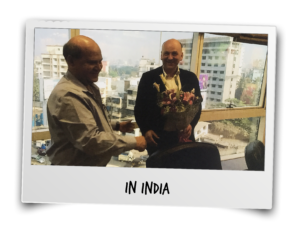
Win-win. Reliability. Long-term relationship. Relevance.
FREE RESOURCE
Heike: Tell me something that's true that almost nobody agrees with you on.
Dirk: Almost nobody in our company agreed at the very beginning that we can save a big amount of marketing costs nowadays while parallel not losing tremendous turnover.
That we are able to reduce 400 pages of printed leaflets and still being as profitable as before or even more profitable.
Indeed almost nobody agreed on that.
But we figured out with lots of tests how to handle a promotion magazine with fewer articles and fewer pages.
In tests, we reduced our printed marketing by more than 70% with fewer articles. Each page and fewer pages overall and finally we lost turnover by almost 20% only.
And on the other hand, we increased the regular turnover which is of cause more profitable.
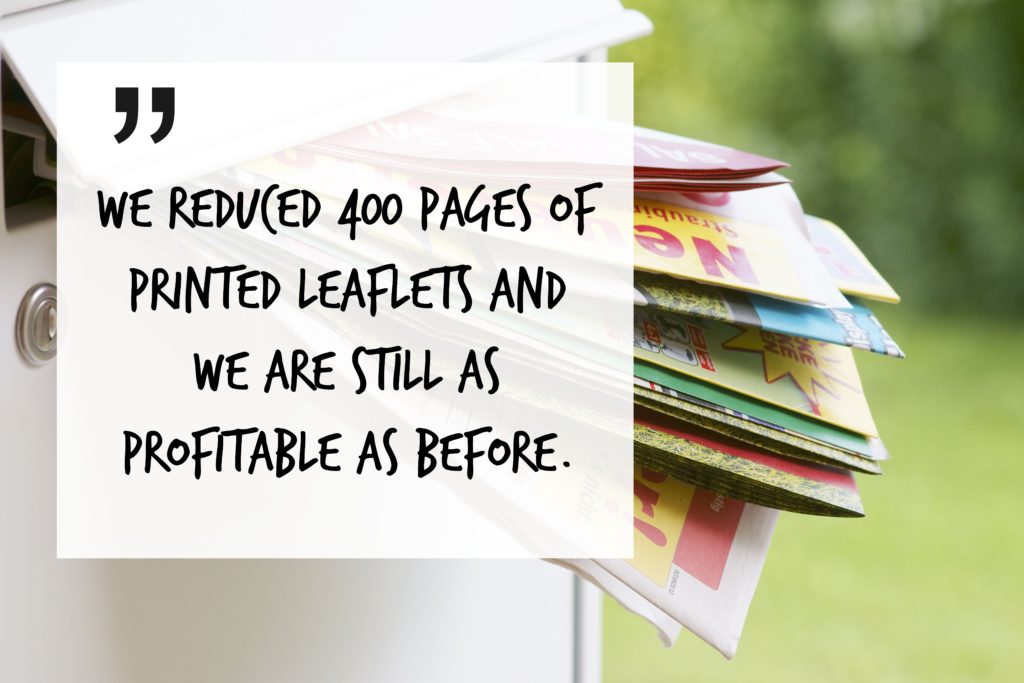
At the beginning when the idea ripened to reduce tremendously the promotional expenses on a national base, lot of people thought: "Now he is going crazy!"
… and they were asking whether I am fully aware of what I am saying.
But I was fully aware and now we are going to execute that. From time to time you need to check your marketing spending in which channel you invest.
We have stores with 150 square meters of textile up to 1200 square meters and we approach all of them with more or less the same marketing bundle.
Further real as a hypermarket is doing weekly more textile promotion as all the other specialists like h&m, P&C, Primark, Zara etc. Do you think that sounds logical?
I prefer less is more. Focus on the right things and don’t do many things - including all the wrong things.
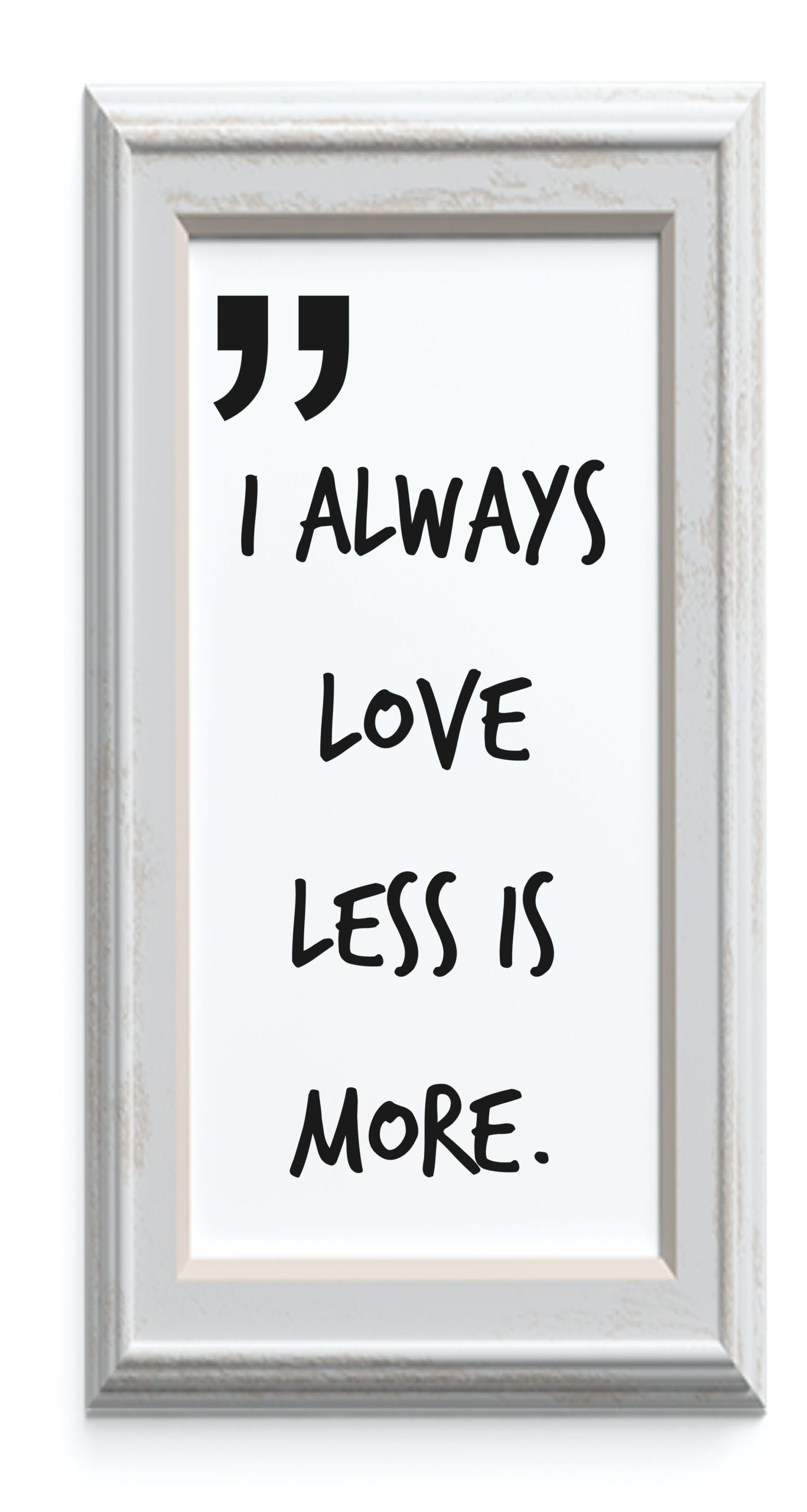
Heike: Since 1987 you started your carrier in a Kaufhof department store in Würzburg. Did you imagine that you once would become the Director Non-Food at Metro Group, real GmbH?
Dirk: Of course, at the very beginning I was fully aware of my potential (laughing) to be honest – not at all...
What I always did in my whole career - and I stepped about “a few” hierarchy levels now – I tried to focus on that what I do each and every day.
… and do it as best as possible.
I give our trainees always one piece of advice: Understand your actual position, do your job as good as possible and convince with increasing value /profits. Realize whether you have the potential for the next level and don't look at the level after that too soon.
As many people at the beginning of their career said: "Ah, once I want to become a CEO" and the majority never did.
So, I think step-by-step is the best way to perform in the career. Not to have a goal just far, far away. This is at the very beginning of a career very unrealistic.
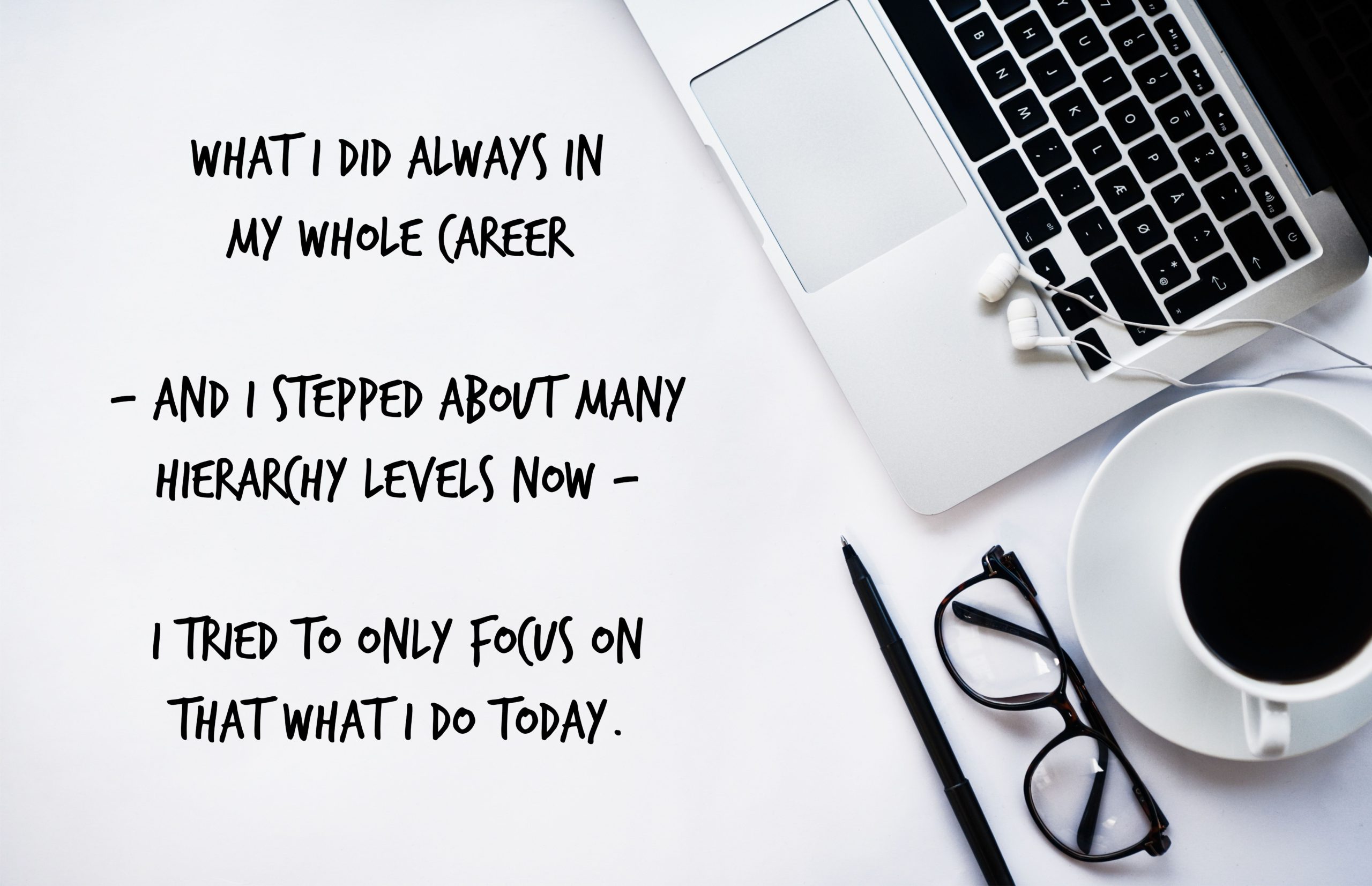
Heike: What have you changed your mind about recently?
Dirk: A lot of people say, you cannot complete with the online trend.
I think you can compete.
Maybe not outperform but you can compete.
Focus on improving your own weaknesses, realize the things your customer wants to have, differentiate while focusing on impulse-driven products versus online compatible articles, and so on.
An example from the toys department: An A-branded R/C Car this kind of high-end article for a few hundred-euro costs - for textiles, it’s quite similar – is that the right article to have in the POS nowadays, or is it more the Teddybear for 7,99 €?
Customers online compare prices of LEGO but not of 7,99 € Schleich animals. Kids will convince parents to purchase NOW.
Further, the cost share of sending would be too high versus at LEGO it is reasonable. Similar to a T-Shirt versus Levis denim pants or a branded leather jacket.
You would always buy a white T-shirt in the store - or socks.
Because 3 € for the delivery doesn’t make sense proportional to the value of the goods.
And that’s why- if you see your own weaknesses if you really understand and you work on that and improve that - there’s still a lot of potential in your own house first of all.
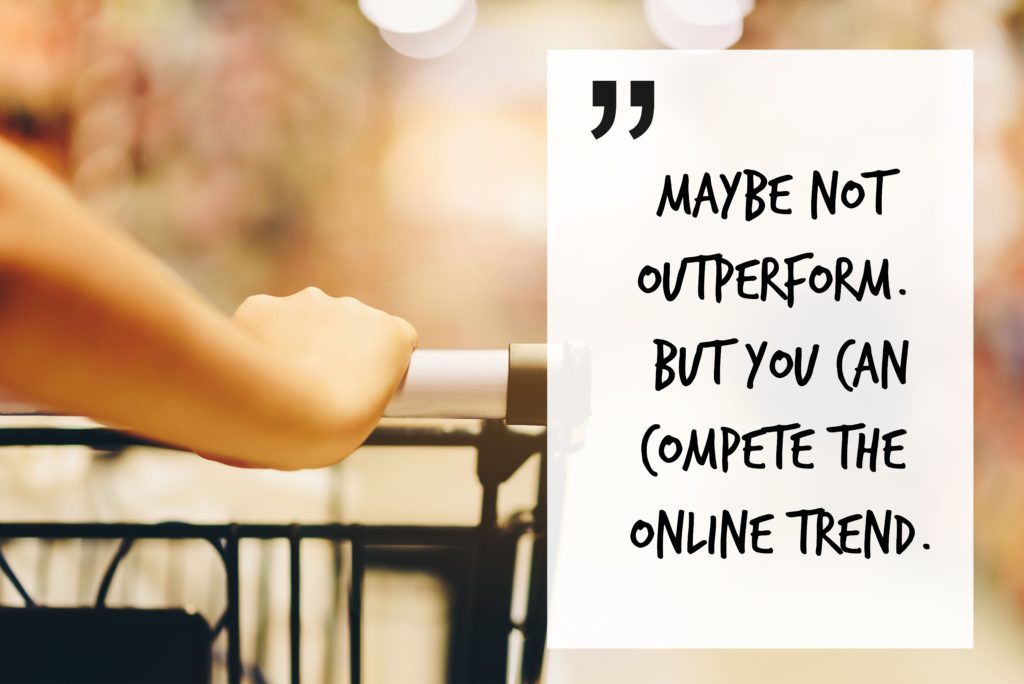
Heike: What is your main country right now for importing textiles and garments?

Dirk: We have two main countries - one is Bangladesh and one is China.
We also buy in India, Vietnam, Pakistan, Turkey, and others, but the main countries are Bangladesh and China.
Everything else is complementing for special ranges.
Heike: What is your personal favorite piece of garments that you can't live without and why?
Dirk: I cannot live without destroyed jeans... denim pants, because this is my clothing which shows me – now it's private time...
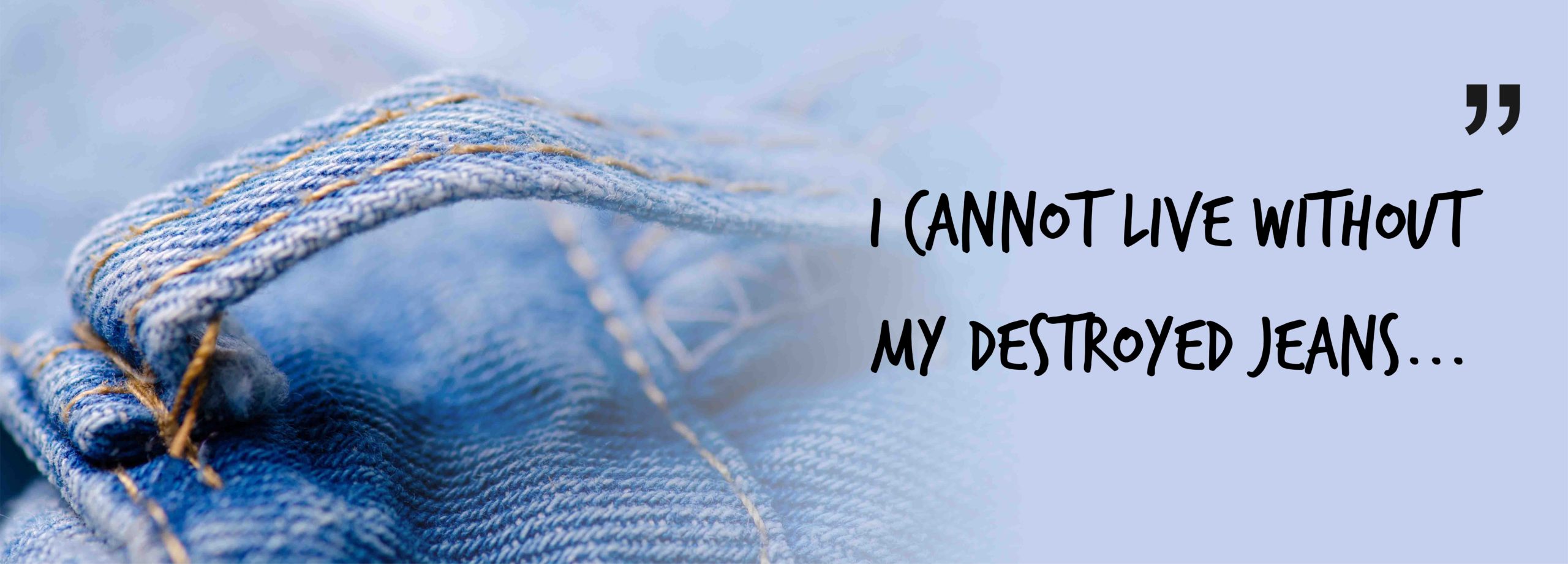
Heike: Do you talk about business matters with your family at home?
Dirk: Very simple answer: No. Not at all.
If my daughter is asking, of cause I give the answer but try to be very short. The reason is simple: I try to switch off the button at a certain time and switch the private button on.
Knowing I can switch it on again later if everybody is in bed. For myself, I need also a time when I‘m really fully switched off. To get clear, to calm down….
Heike: What inspires you in your spare time for your fashion business?
Dirk: What inspires me is looking at people.
... if I’m walking down the streets and looking at people what they wear – where’s the trend going and what friends require for themselves. This is where I listen carefully.
Also, at fairs, I look sensitively at combinations and get inspiration from people. I try to anticipate if this could be a general trend. Some strange things which we see in fashion media are not really the base for our idea in hypermarket.
I think we need to see what others are already wearing.
Heike: How do you define a successful season in your garment/textile departments?
Dirk: In earlier times success was mainly based on increasing turnover.
But two main circumstances make our offline business more difficult nowadays.
It is 1) online and 2) online. And of cause all the consequences as less frequency in stores, price transparency, 24/7 shopping opportunity, etc. In Germany, the textile share online is about 25%.
That’s why we focus on profitability and productivity.
Profitability in all 2nd level KPI as stock level, margin, category shift, balance sheet markdowns on old stock, stock rotation, warehouse performance...
Productivity means being more efficient with your assets e.g. in marketing (spend less, earn more – see above) and in space productivity (less space – stable turnover).
To be successful means being more productive and more profitable.
This is my understanding of being successful nowadays.

Heike: What do you do in your spare time?
Dirk: Family. My kids, my wife. Friends. Of course.
Cars. I love cars ... I love old and fast cars.
And I love running. I did up to a level of the marathon distance and I survived 7 of them, but not now anymore.
It's a few years ago and I’m at least 10 kilos away from that performance, (laughing).
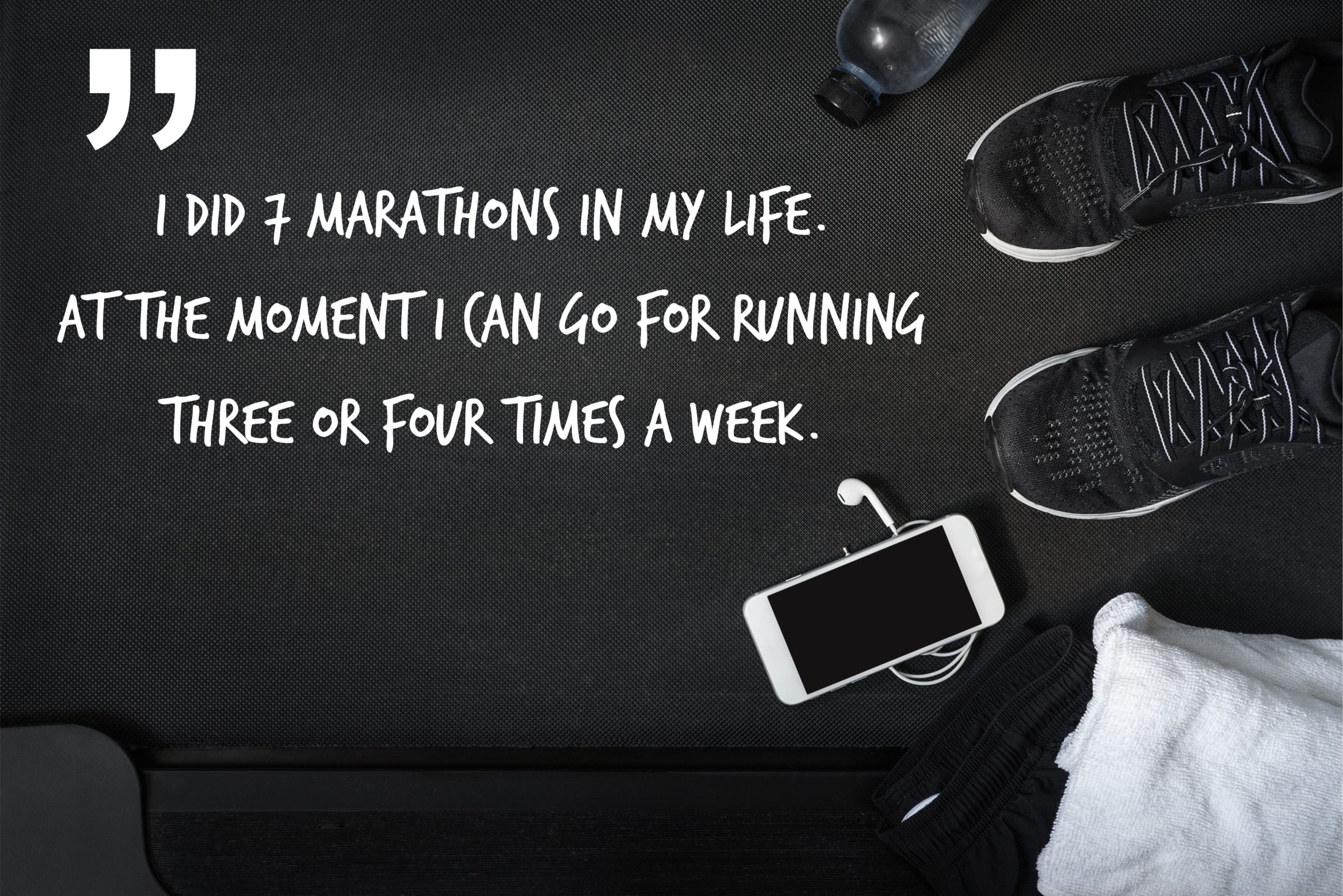
Normally I do my training early in the morning. So, I get up early 5:30 or 6 am and do my running regularly in the week. Let's say 5-8 km depending on the time I have.
If I have to get an early plane, then, of course, I don’t go. At the moment I can go running three or four times a week.
Heike: What are the textile/garment articles you're excited about that are available now in your stores and online for A/W 19/20?
Dirk: What I really like is our newly established SWISS LIFE NDK brand.
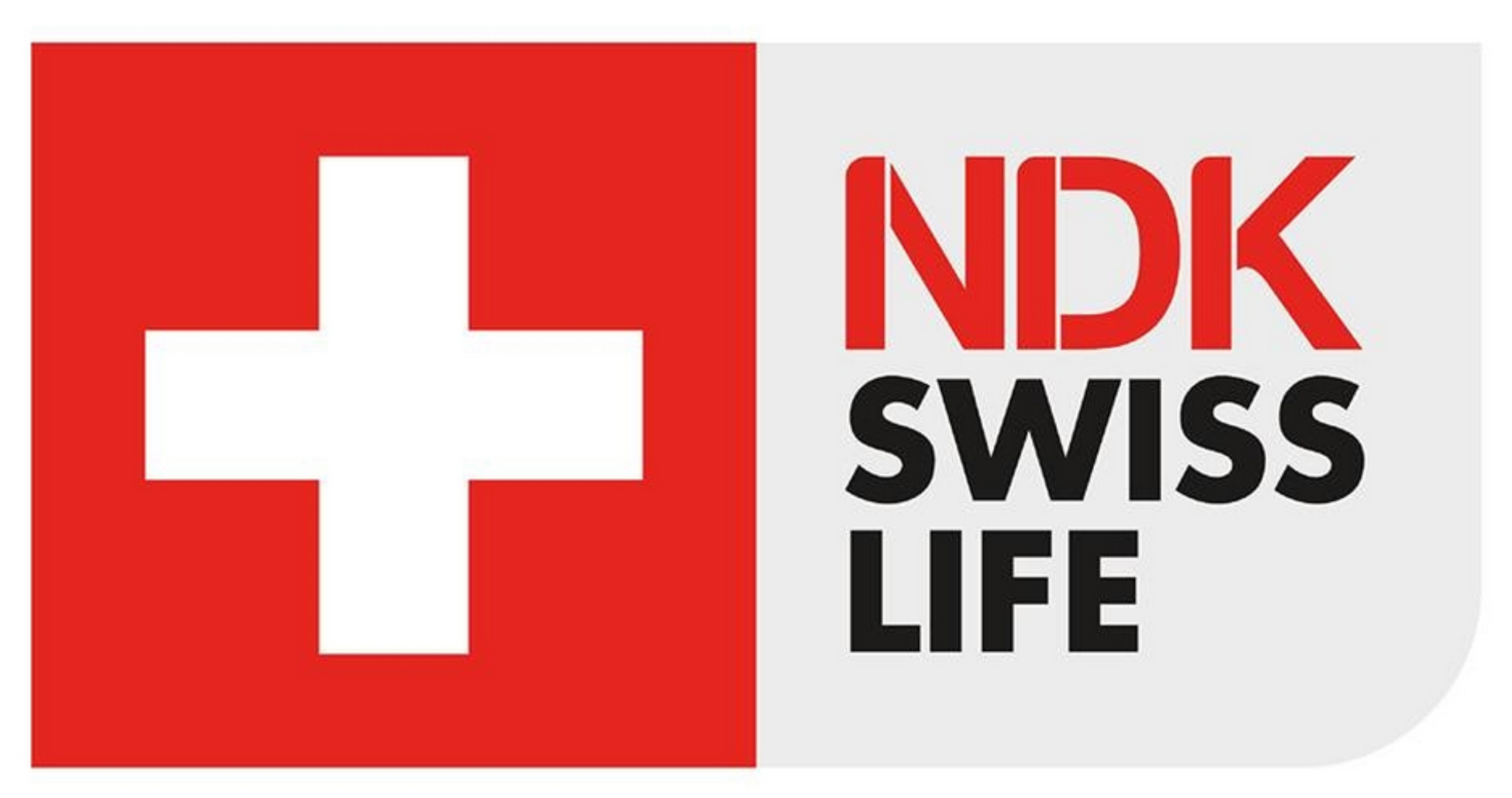
We have the exclusive license for Germany, and we produce all over the world via our own sourcing.
We need to align the quality, the design, and everything with the license holder – and the layout like the hangtags, packaging etc.
In the first 12 months where we have established this SWISS LIFE NDK brand, we realized already more than 13 million €.
It’s really a good story - still a lot to improve - but the brand, the quality, the product works.
Heike: Are you still traveling for sourcing purposes with your category manager team?
Dirk: Yes. I still do.
Not so often anymore but to the Far East I try to do it two times a year at least.
In case there is a certain purpose also more often, but regularly two times I try to plan my trips parallel to some of the category manager’s trips.
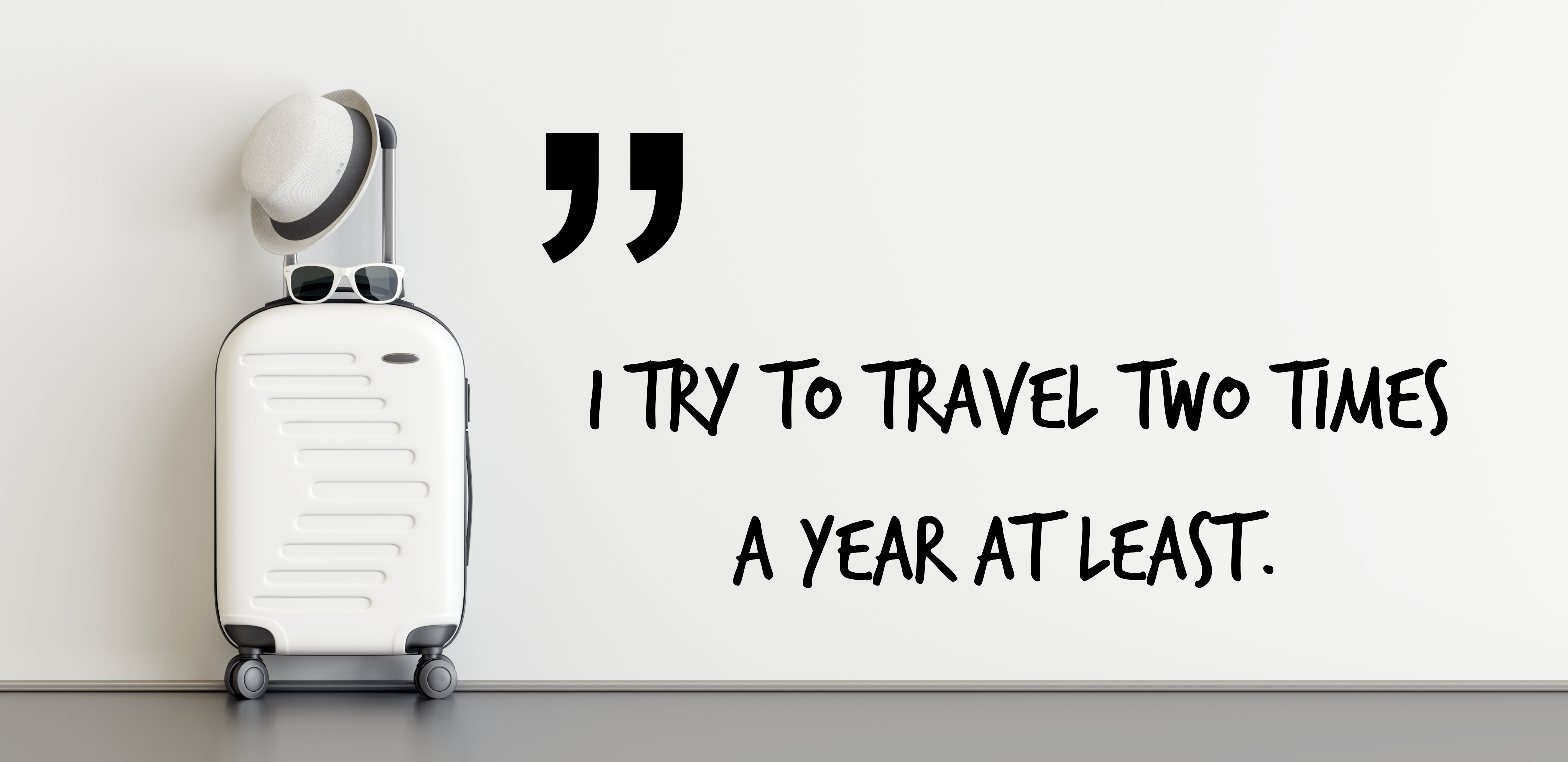
My last one was in March to meet factories and partners from China, Hong Kong, India, Bangladesh, and Pakistan there.
Heike: What's your favorite spot to travel to with your family?
Dirk: Southern Tirol. As of now. Food, Mountains, weather conditions, kind of adventure, lakes, everything at one spot…. faget garment guyers in europentastic.
I have two daughters, 14 and 9 years and the older daughter is already asking to go to worldwide megacities and more exotic countries around the globe. Let's see who will finally prevail.
Heike: Where can people find you and your company? What's the best way to get in touch with you?
Dirk: People can get in touch personally via LinkedIn.
Why personally?
You know, if I wouldn’t constantly talk with new people I wouldn’t be updated anymore. And I would not learn anything new.
Only if I get in touch with new people, I will be informed about new products, categories, brands, factories, qualities, and innovations of any kind - I get to know new input. Of cause, I can’t handle everything myself but I hand contacts over to the managers in charge.
Thanks Dirk, for being generous with your time and giving us a sneak peek into your behind-the-scenes, I know my community is going to love it.
Thanks again!
I can't wait to talk to you again soon.
WAIT!
NEW! Save your spot for the next free live workshop.
There's an art to cold outreach to RMG buyers. And a science. And we're going to cover both.
Let's get you some new buyers, shall we? Click here to save your spot.

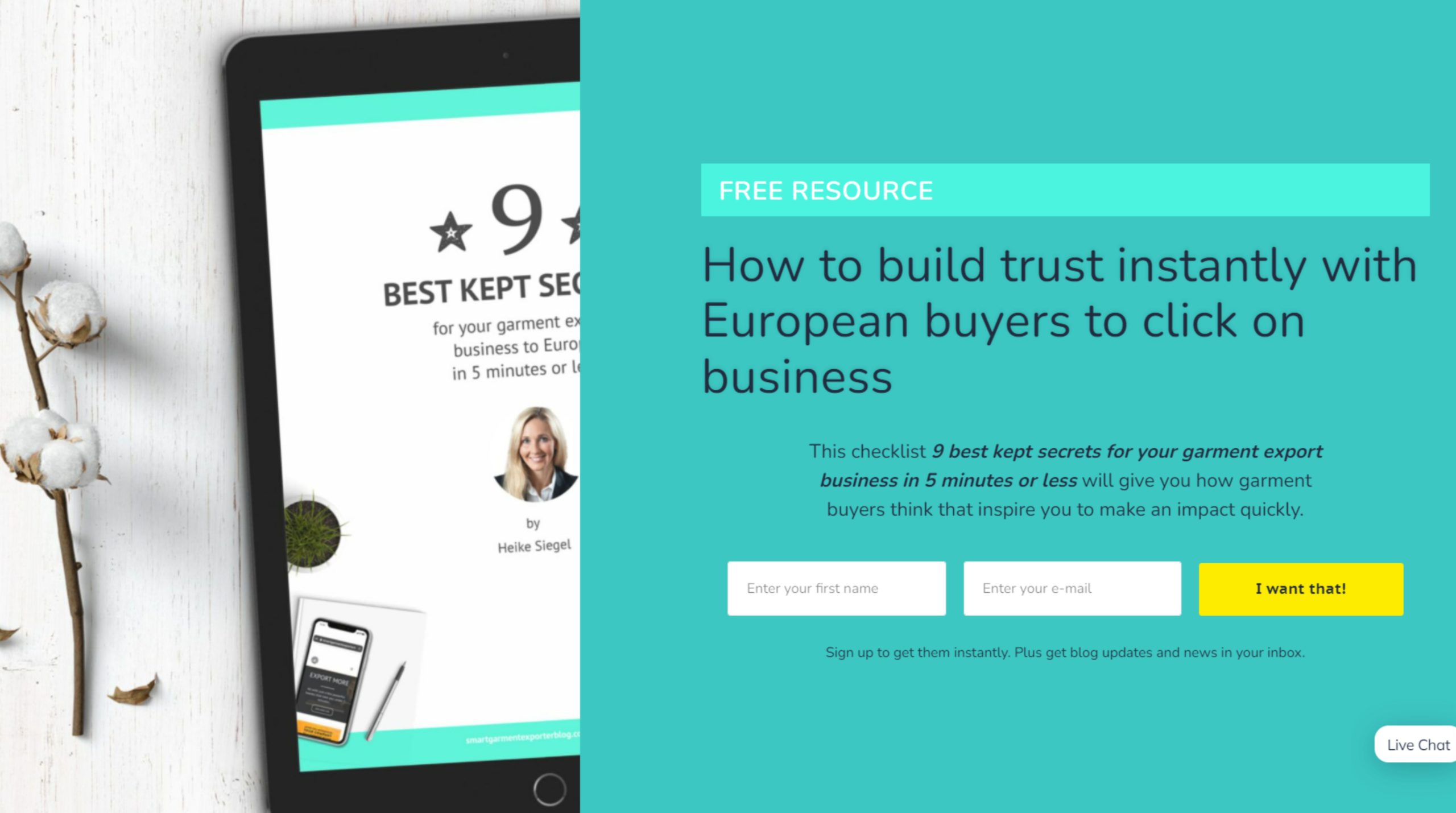
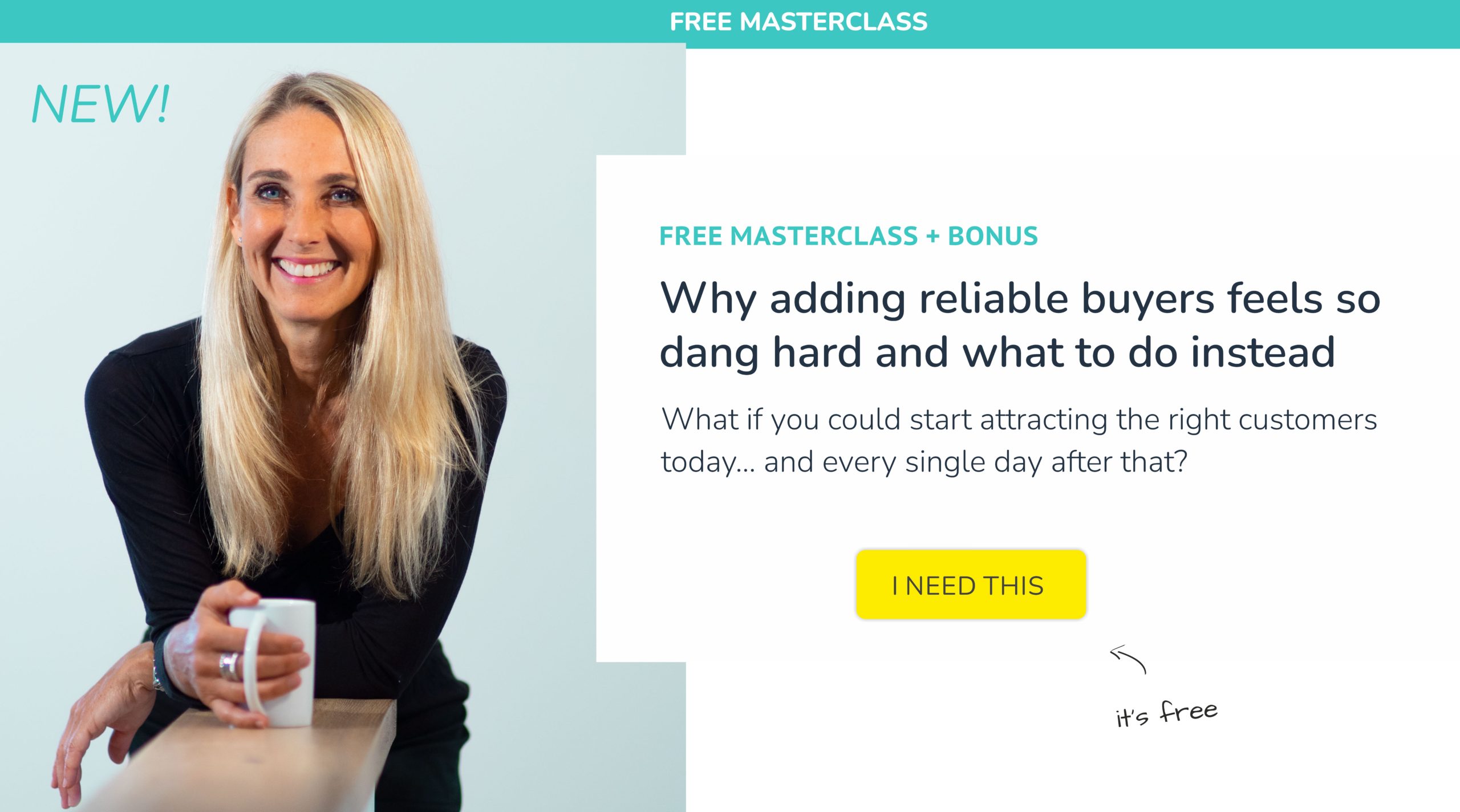
4 replies to "How to earn more by offering less with Dirk Ankenbrand"
Hi,
Good day!
Very very informative .Thanks for your effort.keep it up.
Best of luck dear friend..
Senthilnathan, thanks for making the time to read and your kind comment, appreciate.
Very nice and useful informations. Reading this interview is really amazing. Thanks.
P.Senthil Kumar happy you find it useful, thanks for your attention and your comment!